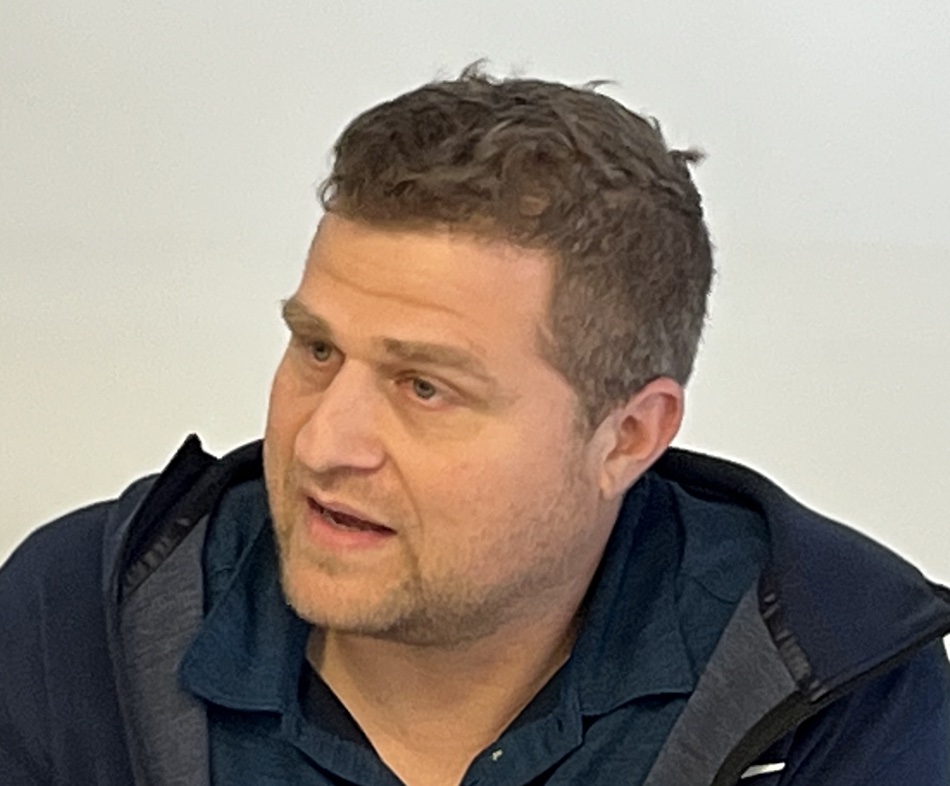The founding CEO at CTERA is moving upstairs to the boardroom as part of a reshuffle of senior personnel and a company shift to focus more data governance.
Co-founder Liran Eshel is relinquishing the CEO role to become active chairman of the Israel-based company and will be fully involved in strategic company activities. Chief Strategy Officer Oded Nagel is being promoted to CEO.
Nagel told an IT Press Tour briefing that he’d “been working with Liran for 20 years since day 1.” 2022 was a very good year, with 38 percent revenue growth helped by a “record” number of seven-digit deals, he told us, although he didn’t give a number. CTERA now has more than 150PB under management, looking after hundreds of billions of files, he said, adding that he wanted to take the company to the next level.

In the sales area, Michael Amselem, VP Europe sales is being promoted to Chief Revenue Officer. Field CTO Saimon Michaelson, who is based in New York, is becoming VP for Alliances.

Eshel told us the background to these changes is that CTERA sees the unstructured data universe evolving to DataOps, with a huge demand from customers who want to analyze their data and improve their business operational efficiency. There is also a rise in machine-generated data at the edge being sent to datacenters or the cloud, he said.
CTERA sees DataOps as the future and conceives of it as three components: cloud data processing, programmable flows, and data analytics. CTERA has a new ransomware engine coming next quarter to fend off attacks on the data flows, it added.
CTO Aron Brand discussed the concept of enterprise-specific ChatGPTs that can understand an enterprise’s unstructured data and answer queries about enterprise-specific things. Which customers should I pay most attention to, for example? This needs the entire organization’s unstructured data to be accessible in a data lake. This area is Brand’s main interest.
He believes organizations will need to manage their unstructured data estate and do so through an existing vendor that can ingest legacy unstructured data silos and their metadata. This will be preferred in his view to buying a new abstraction layer from a vendor like Hammerspace, which will another point of failure.
Brand says you need a global filesystem for this, and it is difficult for NetApp and other legacy providers to provide one.
We note that Qumulo has unveiled a strategy involving a global single namespace for files.
Data governance concerns
Eshel believes that data governance concerns will become more prevalent as society in general and countries specifically become desirous of protecting individual’s data privacy against the twin threats of surveillance capitalism and extreme right wing politics which control and corrupt data.
He asked how can we have better control of our data? Data ownership is not enough. We need data democracy, a new bill of rights in his view. The legacy bill of rights can’t cover today’s environment and needs enlarging with concepts of equality, privacy, manipulation and discrimination.
There are starts being made of this, with a blueprint from the Biden White House, the Bill of Rights for AI, and GDPR in Europe. Eshel wants CTERA to be supportive of society’s need for data democracy.
Eshel says: “We need tools of data governance at scale. … This has to be built into data layer, the platform, not by cyber overlays.”
CTERA has this over-arching direction and its goal is to help safeguard data democracy, with Eshel saying: “We are about data governance at scale – that’s our business model.”








